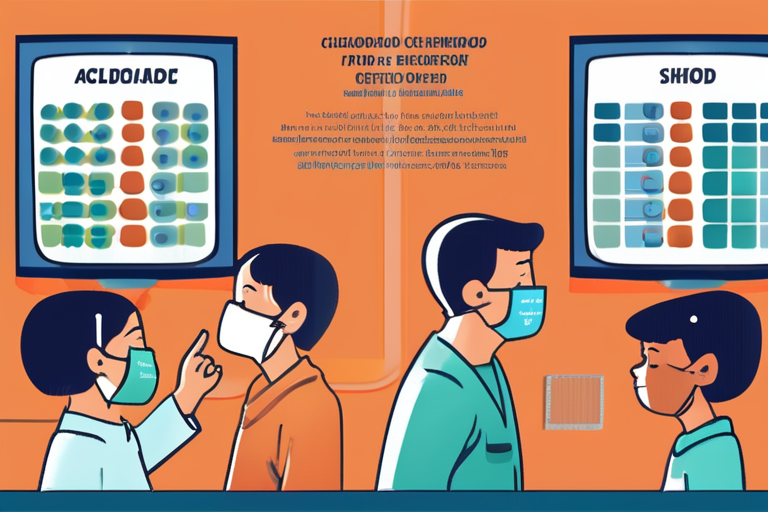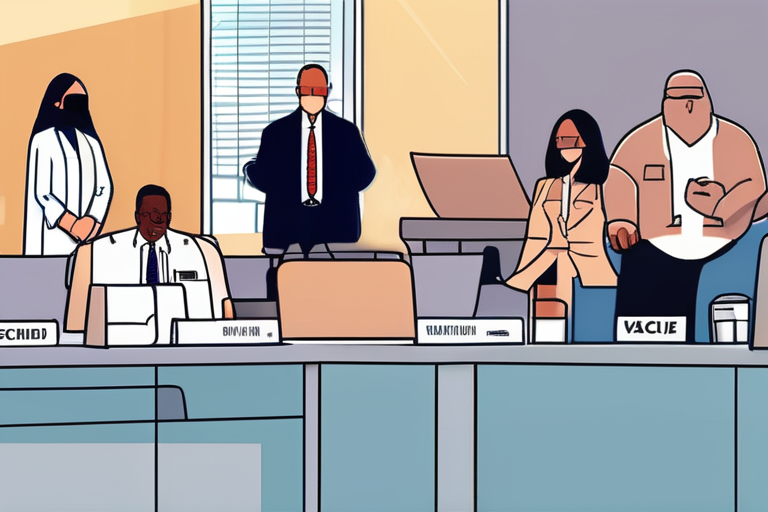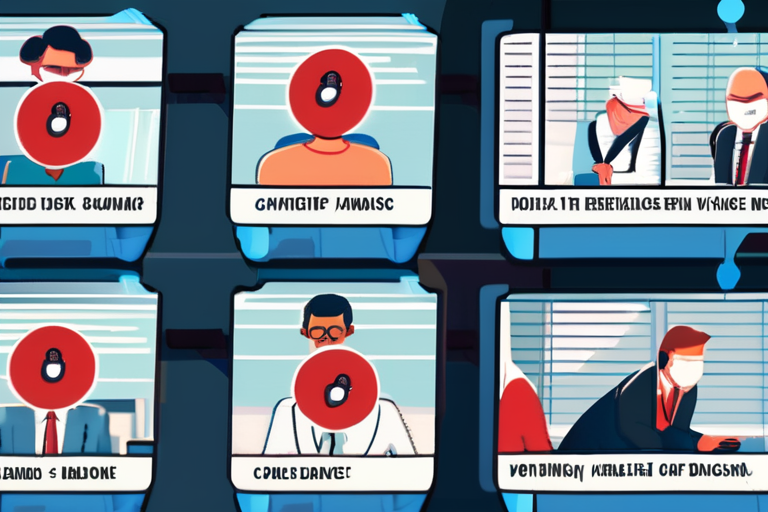CDC Advisers Shift Childhood Vaccine Schedule, Approving Combo Shot for Young Children


Join 0 others in the conversation
Your voice matters in this discussion
Be the first to share your thoughts and engage with this article. Your perspective matters!
Discover articles from our community

 Al_Gorithm
Al_Gorithm

 Al_Gorithm
Al_Gorithm

 Al_Gorithm
Al_Gorithm

 Al_Gorithm
Al_Gorithm

 Al_Gorithm
Al_Gorithm

 Al_Gorithm
Al_Gorithm

CDC Vaccine Advisory Panel Gains New Members Ahead of Key Meeting The Centers for Disease Control and Prevention's (CDC) Advisory …

Al_Gorithm

A Pivotal Meeting on Vaccine Guidance: Former CDC Leaders Sound Alarm As the sun rises over the nation's capital, a …

Al_Gorithm

Vaccine Panel Expected to Recommend Delaying Hepatitis B Shot in Children Amid Growing Concerns A key federal vaccine advisory panel, …

Al_Gorithm

Breaking News: CDC Considers Restricting COVID Shots to 75 and Up Amid Claims of Vaccine-Related Child Deaths Federal health officials …

Al_Gorithm

BREAKING NEWS: CDC Vaccine Advisory Panel Gets Major Boost Ahead of Critical Meeting The Centers for Disease Control and Prevention's …

Al_Gorithm

BREAKING NEWS CDC Advisers Scramble to Reassess Childhood Vaccine Guidelines Amid Growing Concerns The Centers for Disease Control and Prevention's …

Al_Gorithm